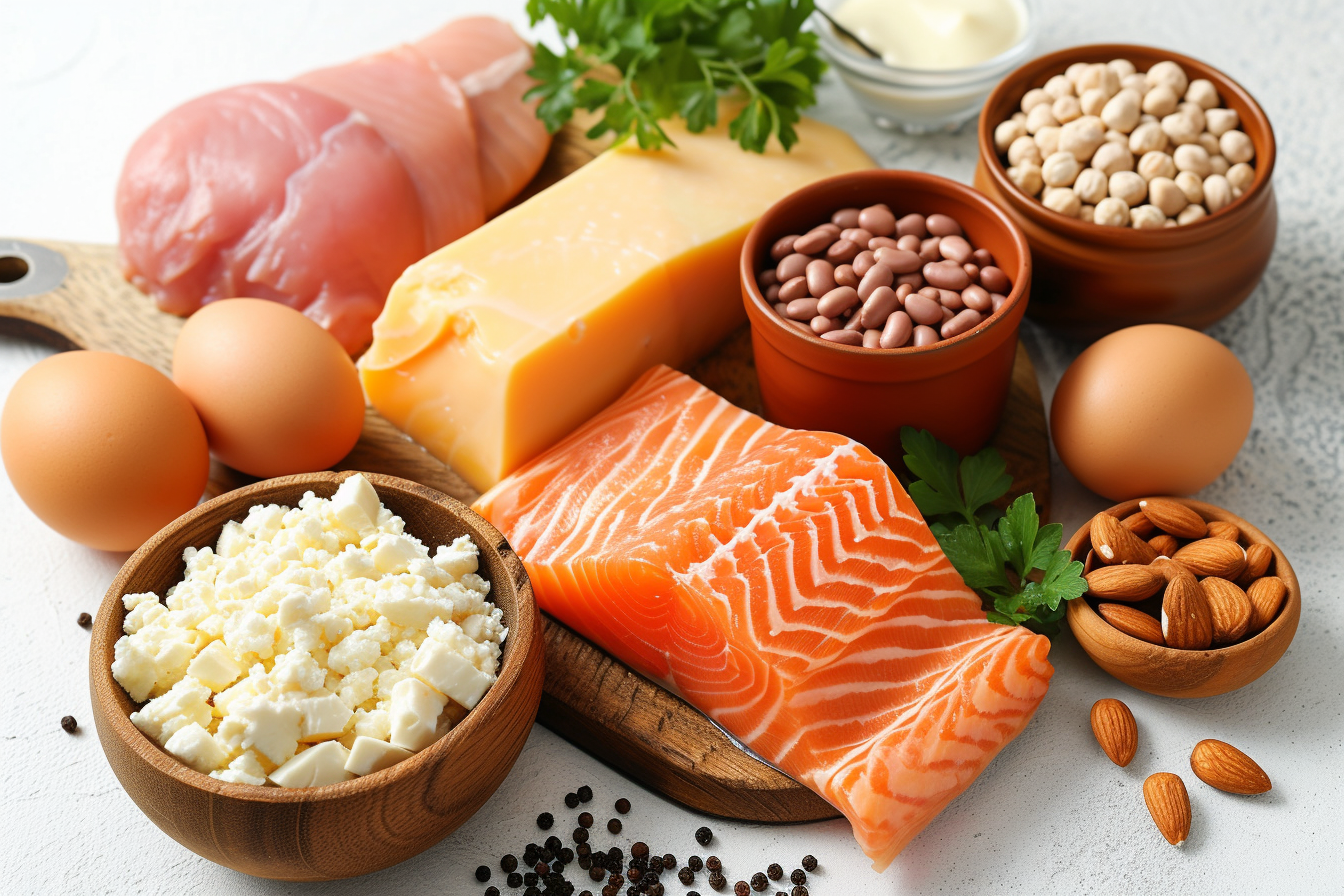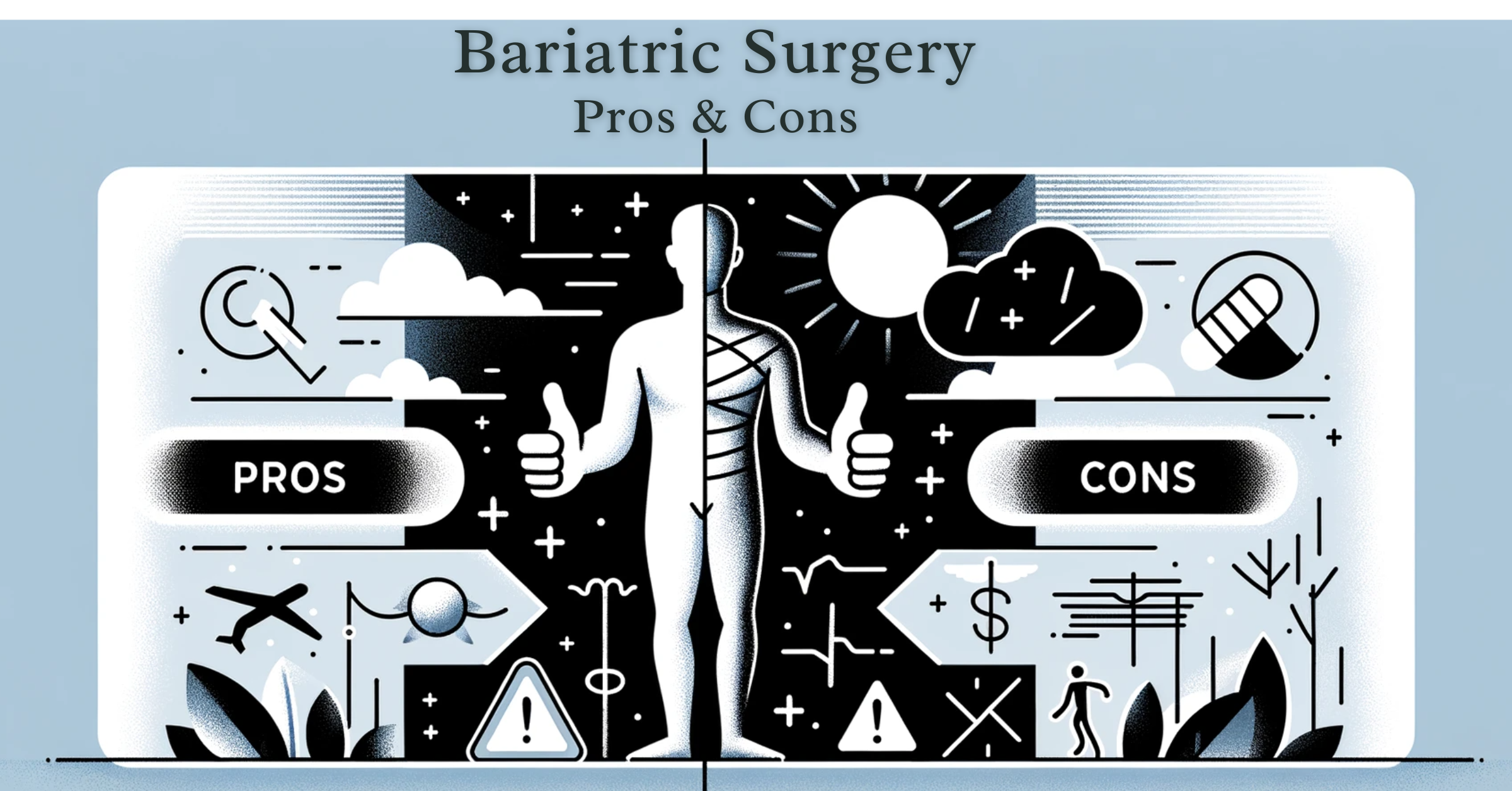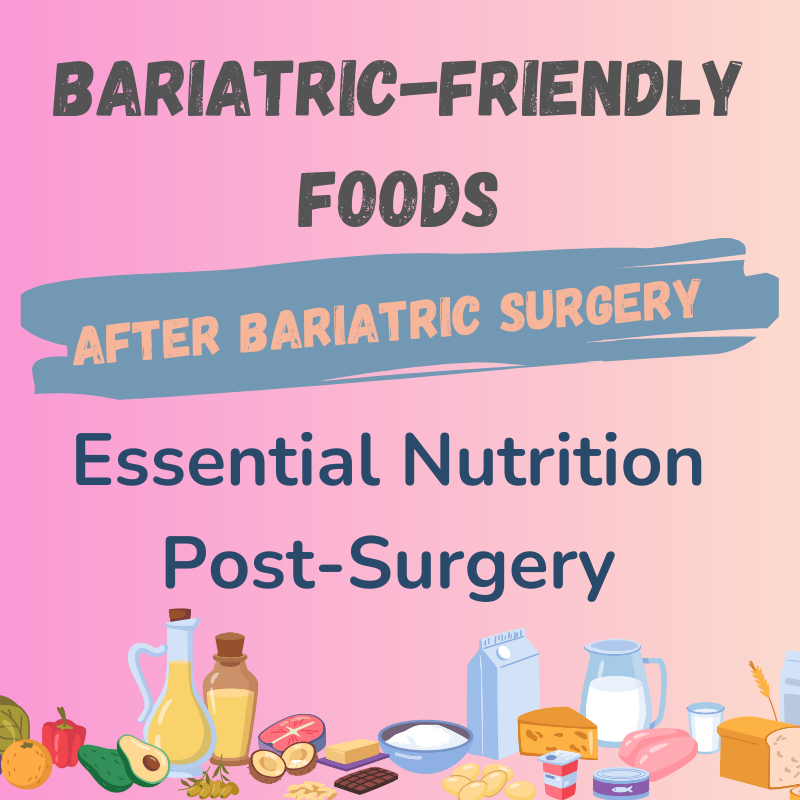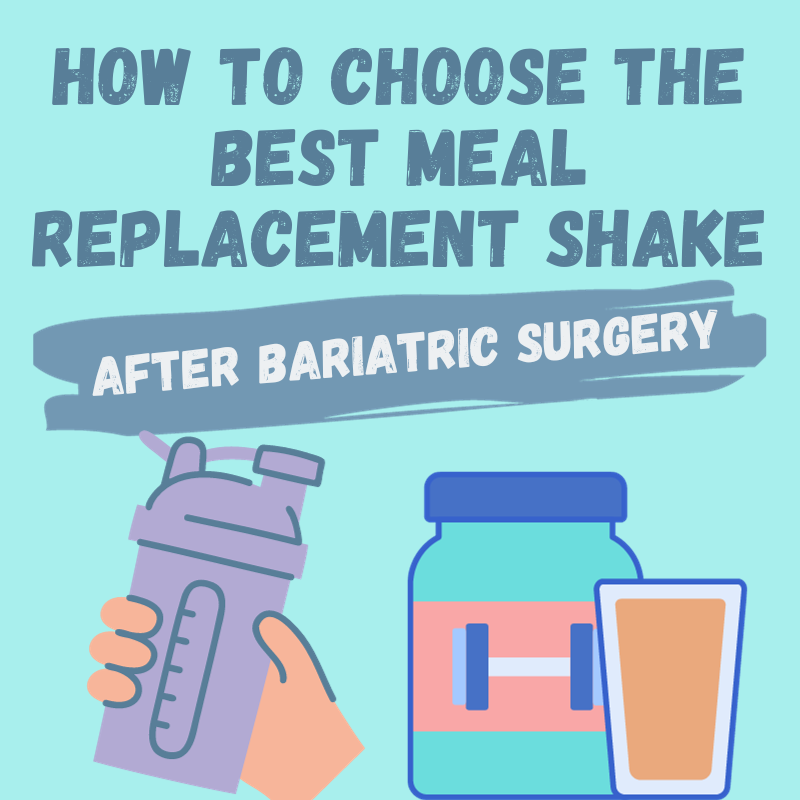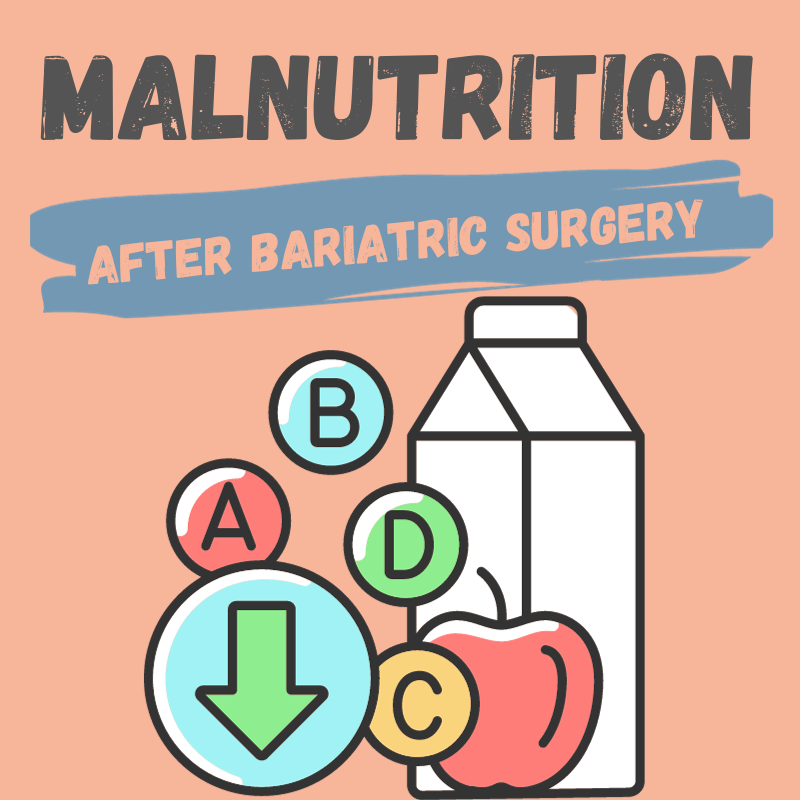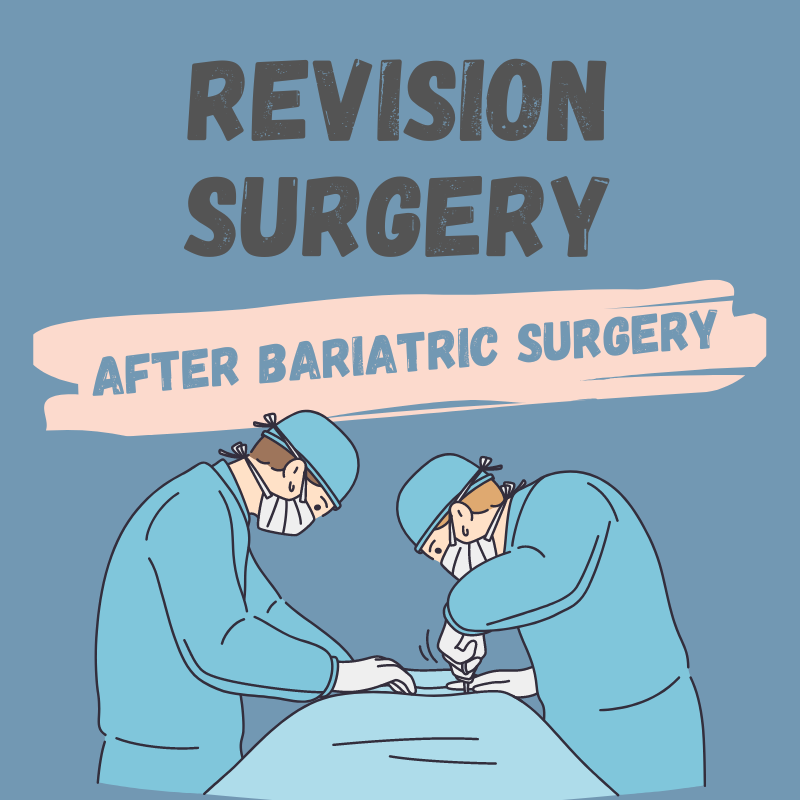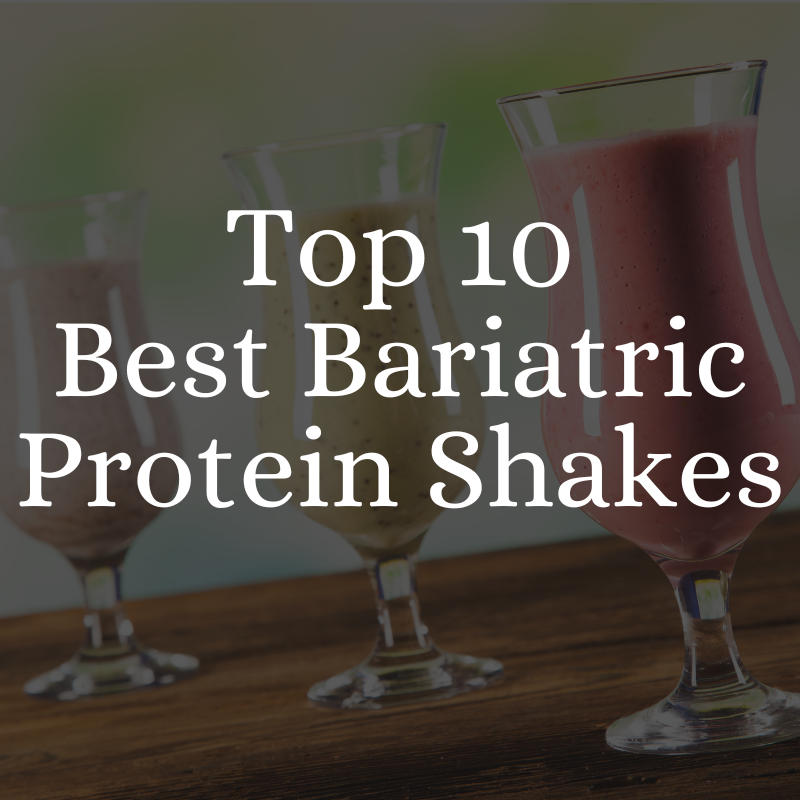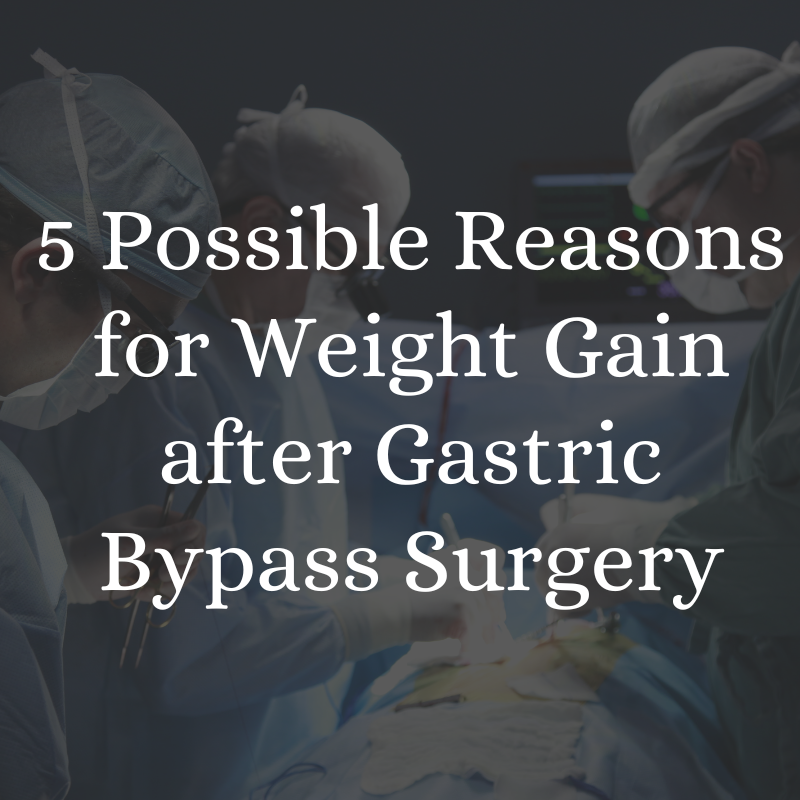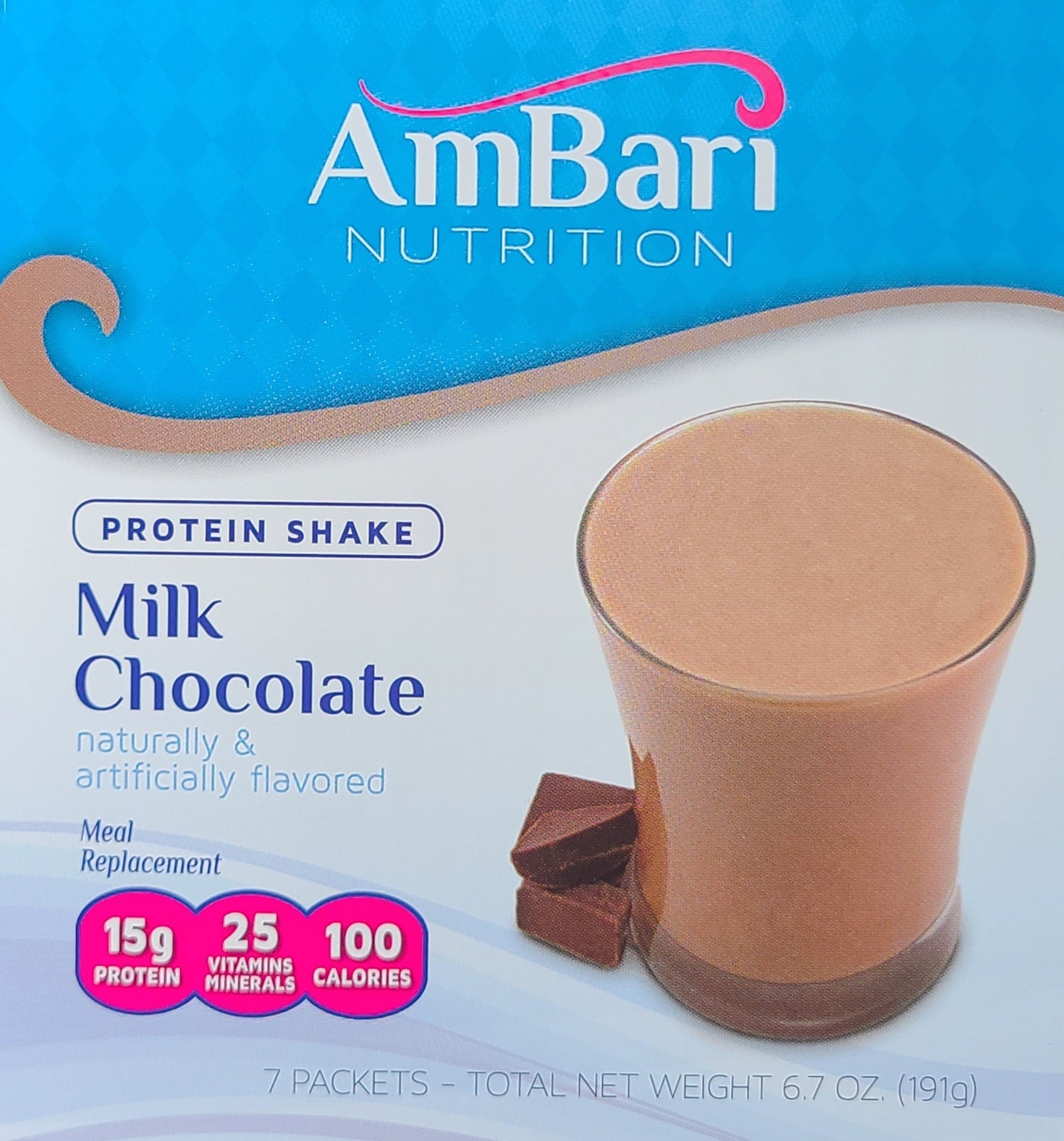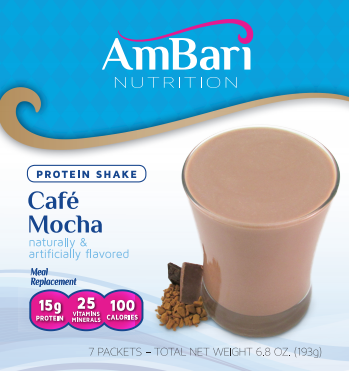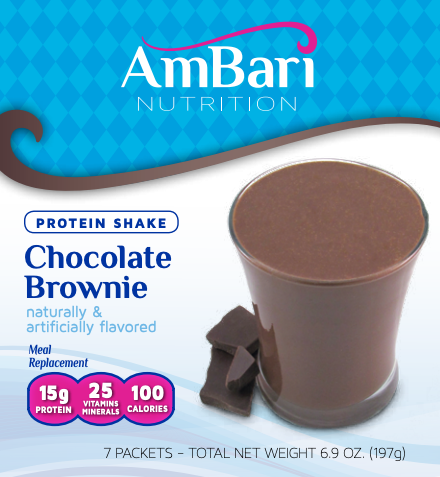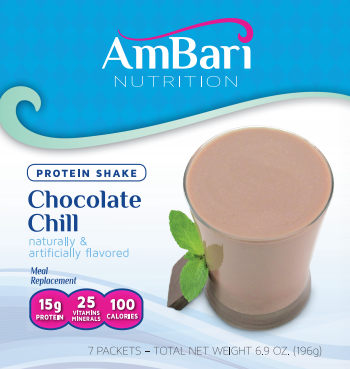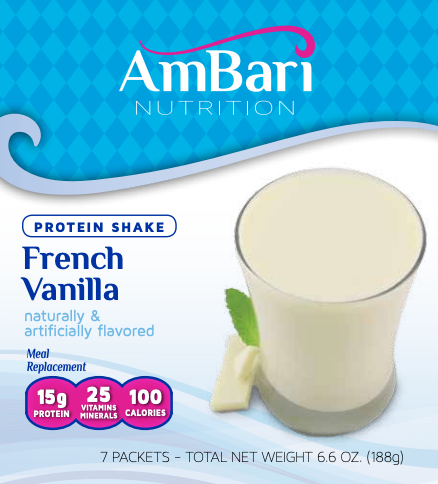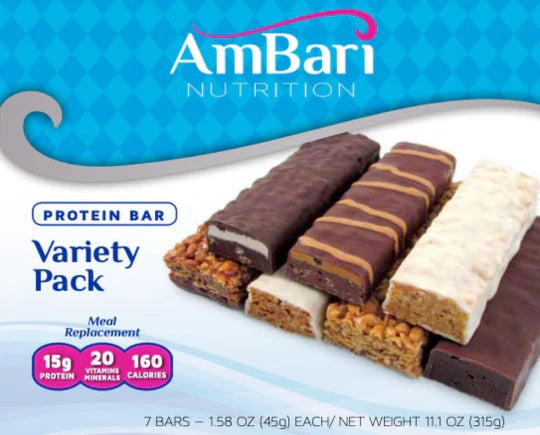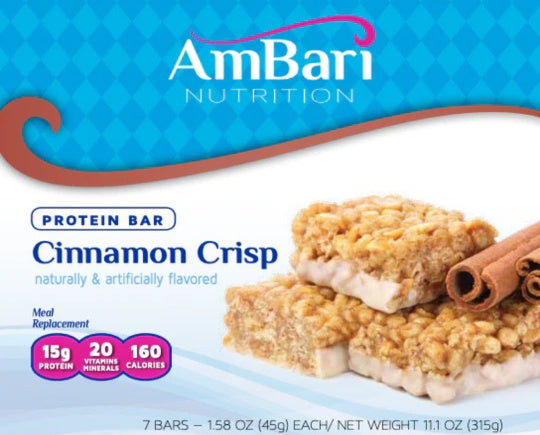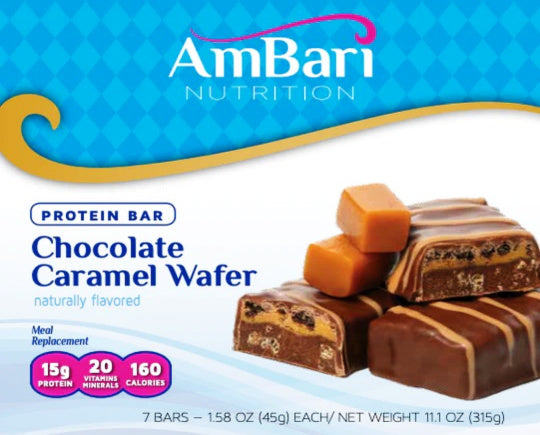Your cart is empty
Bariatric Eating: 7 Healthy Foods to Avoid After Bariatric Surgery
Healthy Foods You Should Avoid After Bariatric Surgery
Bariatric eating isn’t like regular dieting and can be a bit tricky to navigate.
Traditional diets embrace things like vegetables, lean meats, proteins, and healthy oils. But an effective bariatric diet actually discourages some of the foods you might consider healthy.
Let’s look at seven foods you should avoid eating on the bariatric diet, even though they seem harmless:
#1 - Broccoli
Broccoli is chock full of health benefits and is often a go-to food for people trying to lose weight. But a bariatric diet should avoid broccoli, at least for the first few months post-surgery.
Broccoli is one of the most fibrous vegetables, which can be tough for sensitive stomachs to digest. Bariatric patients should focus on soft, cooked vegetables without the skin to ease digestion.
#2 - Cabbage
Another fiber-rich food, cabbage is best left alone on a bariatric diet. Aside from its hearty variety of vitamins and nutrients, cabbage can cause excess gas and diarrhea, both of which can wreak havoc on your digestive system.
Just like broccoli, your body may be better suited to handle cabbage in the future. But you should avoid it for the first several months post-surgery.
#3 - Nuts
Nuts are rich in protein and healthy oils, but could be difficult for bariatric patients to swallow.
Part of the bariatric diet advises you not to consume liquids with foods. And since you’re not drinking while eating, dry foods like nuts can be hard to chew and swallow. This ban should be temporary as your body heals adjusts to your new eating habits.
#4 - Celery
Celery touts myriad health benefits, including fighting cancer, improve immune function, and lowering blood pressure. But because of its fibrous nature, early bariatric patients should avoid it until their body adjusts to your new eating habits. The fibers make celery harder to digest, plus celery can be hard to chew.
#5 - Asparagus
Another surprising healthy food that’s off-limits, asparagus contains fibers that can be hard to digest. In addition, asparagus is one of the most common diuretic veggies. It could lead to frequent urination, which can lead to dehydration.
In the future, your body may be able to tolerate asparagus. But during your first several months post-surgery, you should try to avoid it and opt for peas or beans for protein and other nutrients.
#6 - Fruit Juice
Sugary drinks like fruit juice can lead to “dumping syndrome,” a process where foods go straight to your colon shortly after eating them. It can make you feel uncomfortable, plus it adds unnecessary sugar to your diet.
Instead, opt for water, unsweetened drinks like tea, and coffee.
#7 - Steak
Steak provides essential iron, protein, healthy fats, and other essential nutrients, but bariatric patients should stay away from it for a few months post-surgery. Once you return to a solid food diet, it’s important to chew your food thoroughly to help with swallowing and digestion.
This isn’t easy to do with steak, as it’s often tough and filled with fat or gristle. You may be able to eat steak again at some point. But while your body is adjusting, you should focus on soft, lean meats like chicken, turkey, and fish.
Bariatric Eating Done Right
If you want to make the most of your bariatric eating habits, it’s important to consider the effects of the foods you eat. It’s not enough to choose foods that are mostly considered healthy, as the seven examples above could present setbacks in your diet.
Here's a list of foods that you should be eating after bariatric surgery: What Foods Are Good For Bariatric Patients?
For more insights, check out More Foods That You Should Avoid After Weight Loss Surgery.
Bariatric Guides & Information
More Info
Customer Favorites
- Choosing a selection results in a full page refresh.

